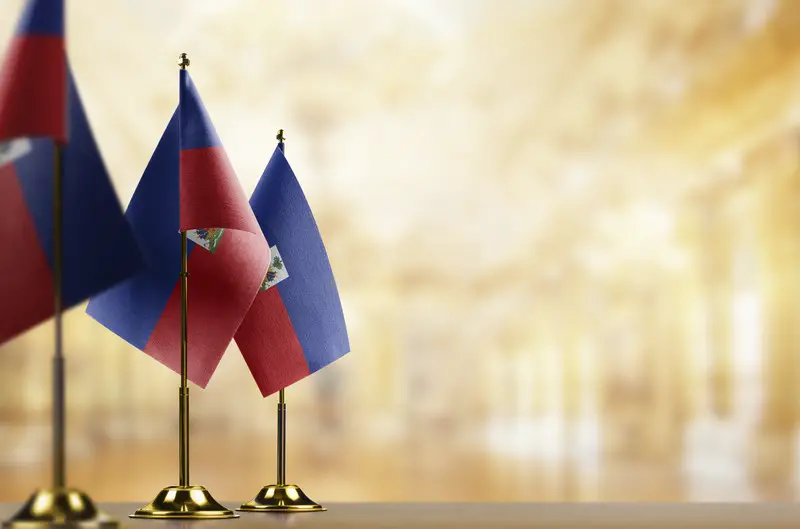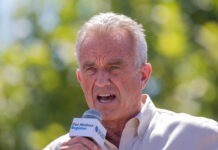The investigation into the 2021 assassination of Haitian President Jovenel Moïse has taken an unexpected turn. A 122-page report, released on Monday reveals indictments against several key figures, including the victim’s widow, Martine Moïse, former Prime Minister Claude Joseph, and the former head of Haiti’s National Police, Léon Charles, among others.
The report was published by Judge Walther Wesser Voltaire, the fifth judge to handle the investigation. His predecessors stepped down due to different reasons, with threats to their lives being a prominent concern.
The assassination occurred on July 7, 2021, marking a dark episode in Haiti’s volatile political landscape. Armed attackers infiltrated the president’s residence in Port-au-Prince, leading to his death and leaving his wife critically injured.
Judge Voltaire’s exhaustive report has led to 51 indictments on varying charges, from criminal association to assassination.
The indictment of Martine Moïse has elicited significant controversy. Her legal team strongly contests the charges, asserting that she had no motive for the attack and branding the indictment as an “embarrassment” that unjustly undermines the credibility of Haiti’s current government.
Former Prime Minister Claude Joseph, also one of the accused, views the indictment as a weaponization of the Haitian judiciary system by Prime Minister Ariel Henry. He resolutely denies any role in the assassination, calling for international assistance in the investigation, indicating the global complexity of the case.
Léon Charles, the police chief at the time of the assassination and currently Haiti’s representative to the Organization of the American States, faces the most severe accusations, including homicide, attempted homicide, illegal firearm possession, and transportation, conspiracy against national security, and involvement in various criminal acts.
Following the assassination, Haitian authorities arrested 44 individuals, including 20 Colombians, indicating a possible international angle to the conspiracy. The United States has charged 11 men, six of whom have pleaded guilty to involvement in a plot initially intended to kidnap, which ultimately resulted in President Moïse’s assassination.
The accusations suggest that Martine Moïse, in collaboration with Police Chief Joseph, aimed to succeed her late husband as the president of Haiti. These claims paint a broader picture of political ambition and discord, hinting at a power struggle within Haiti’s political elite.
The assassination and subsequent indictments have not only intensified political instability in Haiti but also raised concerns about the integrity of its justice system. Critics suggest that the indictments might be politically motivated, designed to discredit adversaries and consolidate power within the current administration. The involvement of foreign nationals, including Colombian mercenaries and Haitian Americans, indicates a well-planned plot extending beyond Haiti’s borders.
The charges are expected to further destabilize Haiti as it contends with a surge in gang-related violence and recovers from a series of forceful protests demanding the resignation of Prime Minister Henry.











